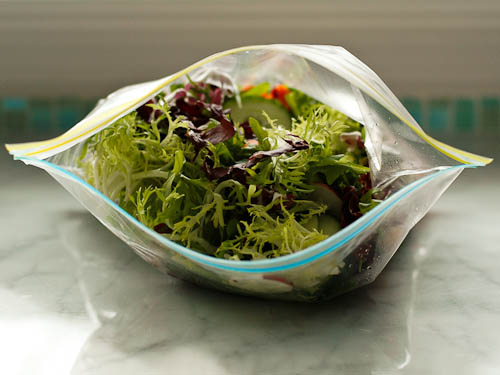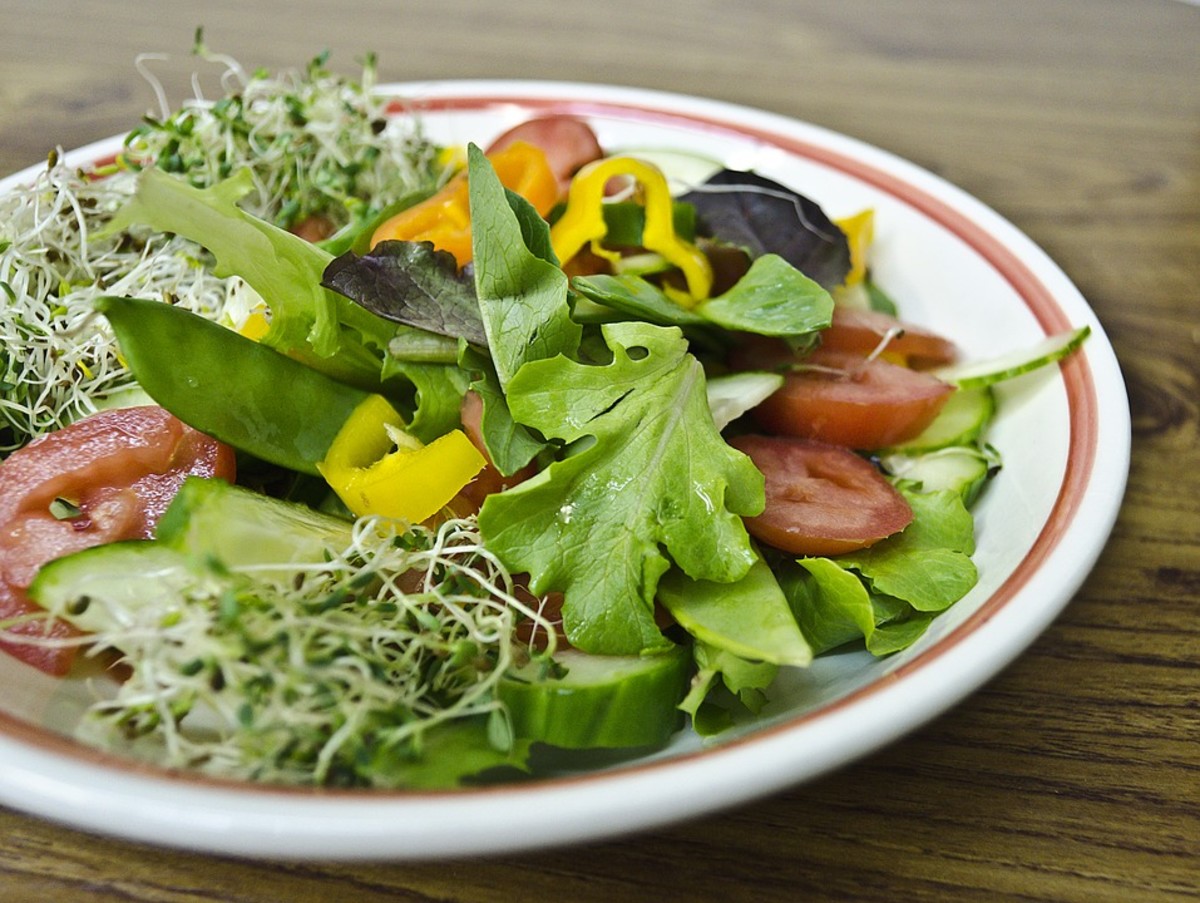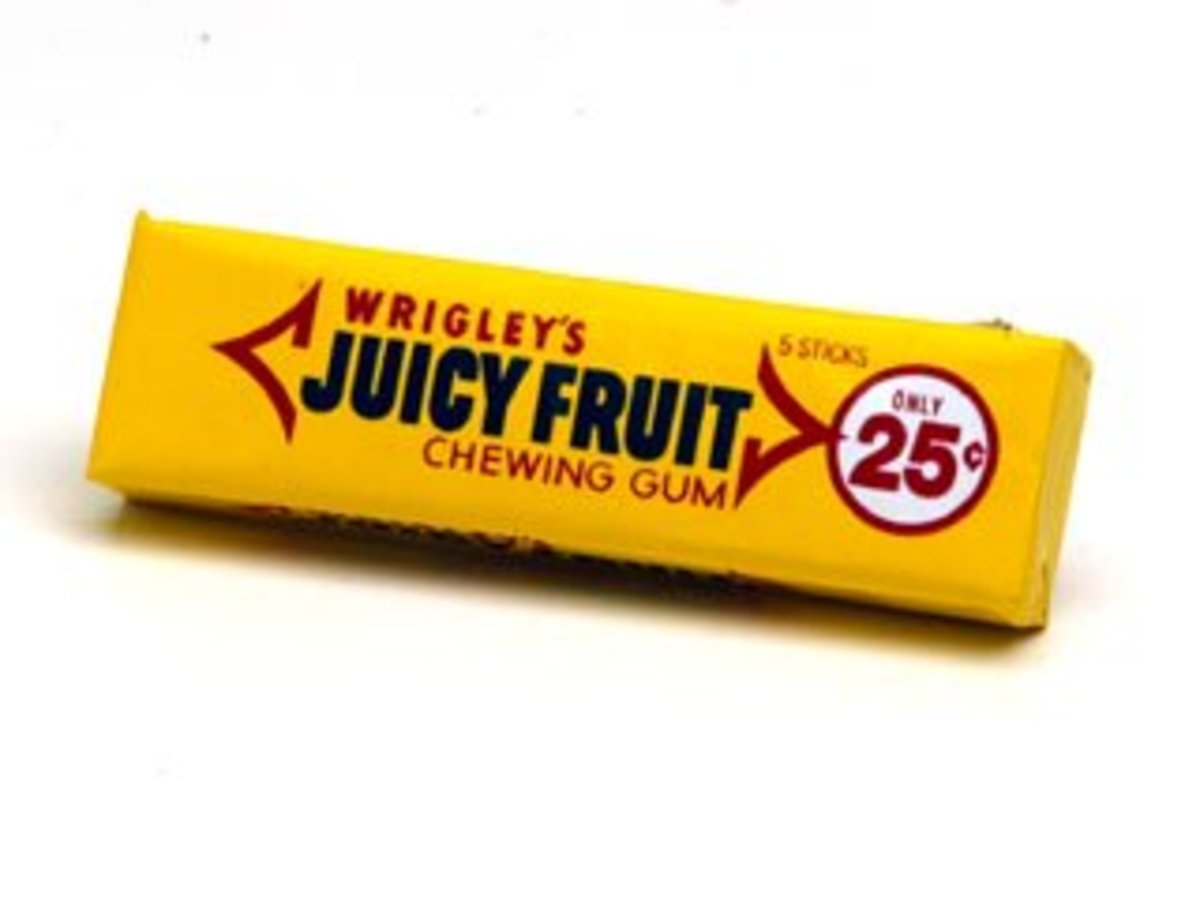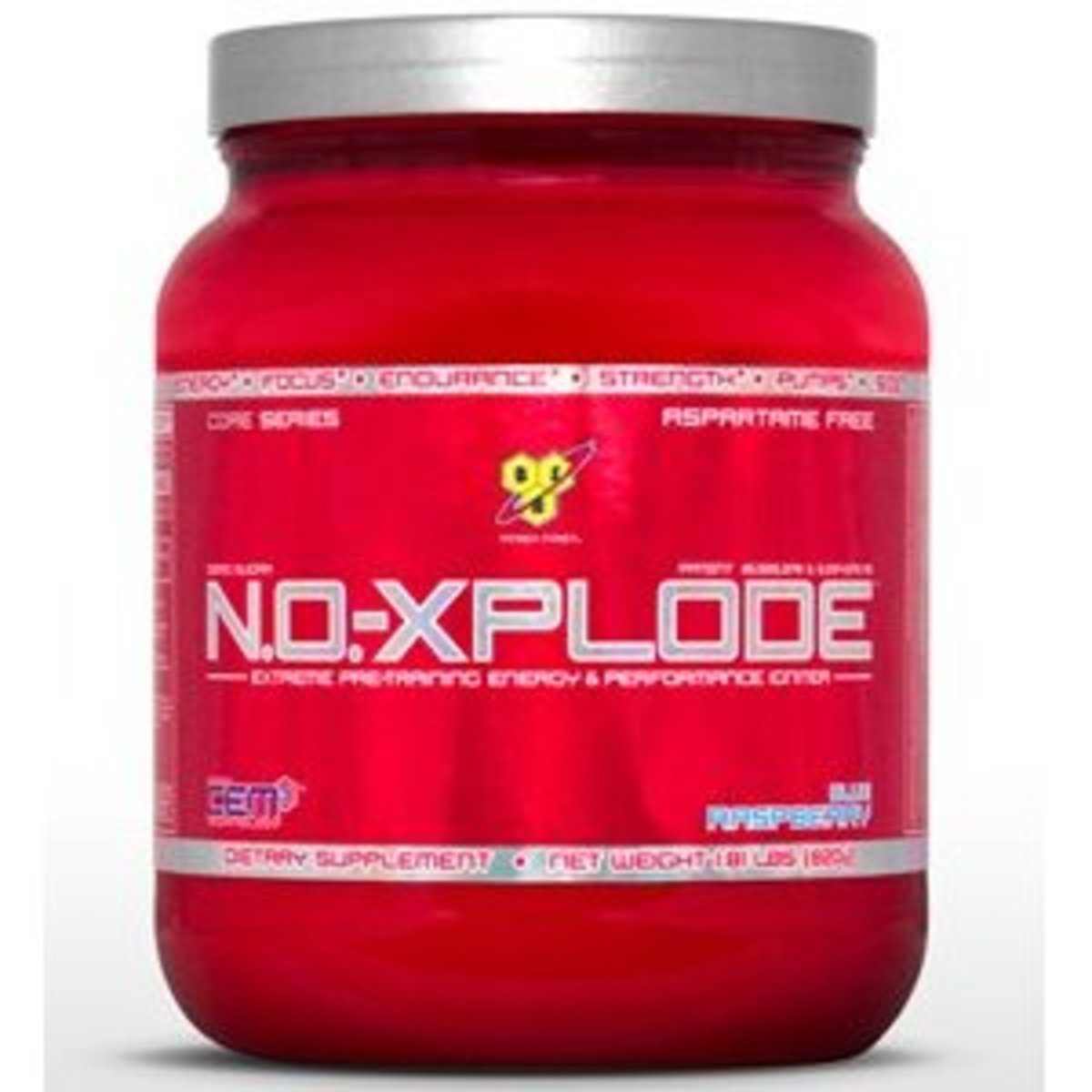Fresh Salad for Health - The Dangers Within
E.Coli
A 2011 outbreak of E. coli in Europe was found to have come from fresh salads. Initial cases in Germany were blamed on cucumbers from Spain, but this was later found to be false as many of the victims had not had cucumber, but all had recently eaten some kind of fresh salad. The high water content of salad is thought to be the culprit, as any possible water contamination will automatically be transferred to salad produce. While many of us choose to eat fresh salads for health - the dangers within should not be ignored.
Fruit & Veg

Healthy Salads?
Contaminated water can hold any potentially lethal bacteria like E. coli, salmonella, listeria or campylobacter, which are all found in the guts of farm animals. Contaminated water can be spread to fruits and vegetables and will continue to live in the cells, even after washing.
It is common practice for pig slurry, poultry manure and even (amazingly!) human waste to be spread as fertiliser and this is not illegal as long as it has been treated, which usually involves composting for more than two years. This supposedly will destroy bacteria and pathogens, but it is possible for untreated waste, or waste still in the composting process, to be introduced into groundwater supplies through rain; which in turn can spread through entire fields of crop. Not surprising then that salads can be contaminated; in fact what is surprising is that it doesn't happen more often.
Aside from the danger to crops grown outdoors, there remains the fact that a large percentage of the salad that we buy is grown in heated glasshouses or polytunnels, where moulds and insects can thrive; increasing the need for fungicides and insecticides to kill off these threats which outdoors would be killed off by harsh weather. Pesticide chemicals contaminate lettuces, spinach and sweet peppers and are introduced into cell structures, which means washing will not remove them.
Whereas in the past salad produce was picked and sent directly to supermarkets, often with traces of soil still attached, nowadays supermarkets prefer produce to look shiny and attractive, so it is washed before displaying; usually with chlorine added in the water with the intention of killing bugs and bacteria. In actual fact this chlorine wash does not kill the E. coli bug which researchers have found to be resistant to chlorine, while the usual practice of prolonged use of the same chlorine-water mix before changing will reduce any possible sanitising properties. Even fresh chlorinated water, while cleaning off any remains of soil etc, will not destroy harmful bacteria and in fact will reduce nutritional values; in particular vitamins A, C and E and the foliates which are necessary to our bones and brain and the main reason we choose to eat green vegetables. Chlorine in water can also produce an unpleasant flavour to the greens. The safest way therefore to buy lettuce and other salad items is directly from the farm or from a retailer that sells unprepared salads and wash everything yourself as thoroughly as possible in fresh water, avoiding the use of chemicals.
Clean and Healthy?

Bagged Salad
Another popular purchase today are bags of "prepared and washed" salad, which provide a selection of salad greens, grated carrot etc to save the consumer the hassle of chopping and preparing, or buying several items which may lead to waste. The bags are inflated in a process known as "modified atmosphere packaging" which means that oxygen is sucked out and is replaced with pure carbon dioxide. This keeps the salad looking fresh longer, as oxygen speeds up decomposition. Once the bag is open and exposed to oxygen however, decomposition will take place very rapidly, so any which is not eaten immediately will still result in waste. The carbon dioxide in the bag will also affect nutritional values, especially vitamin C content which is drastically reduced.
Fresh Lettuce
Fresh salad produce bought from a supermarket may not be as fresh as it seems, even if you watch it arriving and being placed on shelves. Farmers find orders coming in erratically and unpredictably; for example at the start of a weekend which promises to be particularly hot, stores may suddenly increase their salad orders and in order to be prepared for this, farmers often keep deep-chilled stocks of prepared and packaged salad goods like lettuce, tomatoes and cucumbers. These may have been stored for several days before being dispatched to stores and if these extra orders do not appear, the farmer is left with a backlog which may be up to 10 days old before it is shipped to stores. Every day after salad produce is picked, it begins to lose nutritional value and you may find that once the salad reaches your plate, it not only contains minimal nutrition but often has an unpleasant taste. Those who grow lettuce at home will know the difference between this lettuce they pick themselves and anything they can buy in a supermarket - the sweet taste and abundance of vitamins are apparent.
For everyone choosing to eat fresh salads for health - the dangers within are not the only problems to bear in mind: Our insistence on eating all kinds of produce all year round, gives rise to the need to import foods from all over the world, which adds to the pollution of our planet; through fuels needed and fumes produced by the trucks, ships and airplanes used in shipment. We can all help the planet as well as our own health by buying locally produced, seasonal produce wherever possible.






